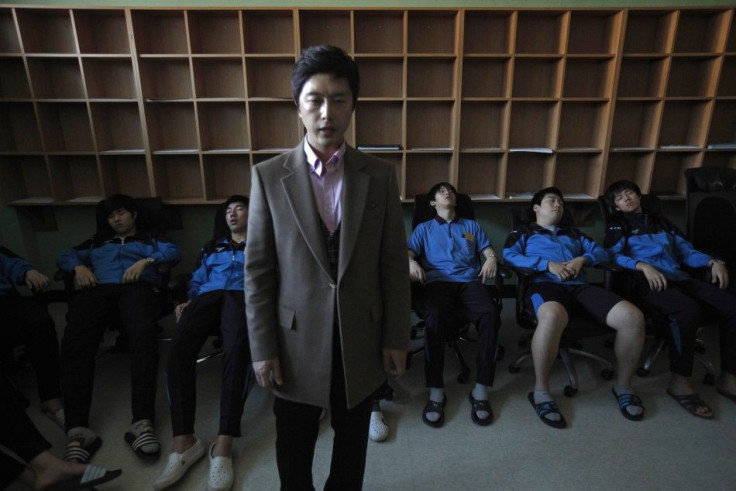Race of New Zealand’s Institutions To Entice Foreign Students with Jobs Causing Domestic Concern

New Zealand’s rising appeal as a destination for higher education for international students is also raising a domestic concern. The penchant of some institutions to go out of the way to offer work and immigration points as incentives, to attract international students has been in sight for long. This is being done with an aim to beat competition from countries like Australia and Canada.
The opinion about its implications stands divided, with one section saying it is fine, while others seeing it as upsetting the social balance. The official figures do throw some indicators. About 37 percent of students who came to New Zealand, five or six years ago, have stayed back to work. In the 2013-2014 financial year 42 percent of skilled migrants have been acknowledged as previous students in the country, reports Radio Nz.
Educators expect that percentage to grow because more Indian enrolments are happening. Indians are generally interested in work and settlement in New Zealand compared to other student groups.
Employment Important
Defending the incentives, Education New Zealand chief executive Grant McPherson said employment and immigration are important for international students. But he disagreed with the perception that institutions are making it a focus of their offering.
"We're not seeing that the international education providers are the pathway to employment in New Zealand, but that's not saying it isn't a pathway people will think about and explore,” McPherson said.
Auckland Institute of Studies president Richard Goodall said emphasis on employment and settlement has changed the profile of his institution. “We've decided we're actually in the education, settlement and work/employment business. It's a much longer commitment nowadays, and I think a much healthier one", he said.
Darren Conway, chairperson of language school association English New Zealand said there is nothing amiss in having a pathway to migration for foreign students. But he is worried that some institutions are going too far in promising employment and residence.
However, the Tertiary Education Union took the view that the focus on work by some foreign students for survival is harming their health and studies. It also flayed some institutions for compressing lectures to a few days a month or rescheduling them for weekends to enable foreign students to find time to work.
Union's representative Sid Suha Aksoy expressed concern that immigration implications are not yet fully considered. While international students are getting into the country, there is loss for Kiwi youth in the age group of 20 to 30 at a disproportionate rate, with a vacuum that is being filled by international students.
Skilled Migrants
The need for attracting skilled migrants was reinforced by deputy vice-chancellor at the University of Auckland, Jenny Dixon. She said New Zealand needed skilled migrants and more quality control is required on the institutions enrolling international students. Dixon said, it is about maintaining high quality programs and quality standards for things, so that they look after themselves.
Chinese Enrolment
Meanwhile, Christchurch international student numbers are up again. Students from China had the largest percentage (25 per cent) of international students in Christchurch. But the numbers had dropped after the city was hit by quakes. A delegation of Christchurch international education representatives from secondary schools and tertiary institutions recently visited China and held meetings with schools and education boards there, reports Stuff.Co.Nz. According to Education New Zealand business development manager Greg Scott, many agreements have been signed to bring more students to Christchurch.
(For feedback/comments, contact the writer at kalyanaussie@gmail.com)





















